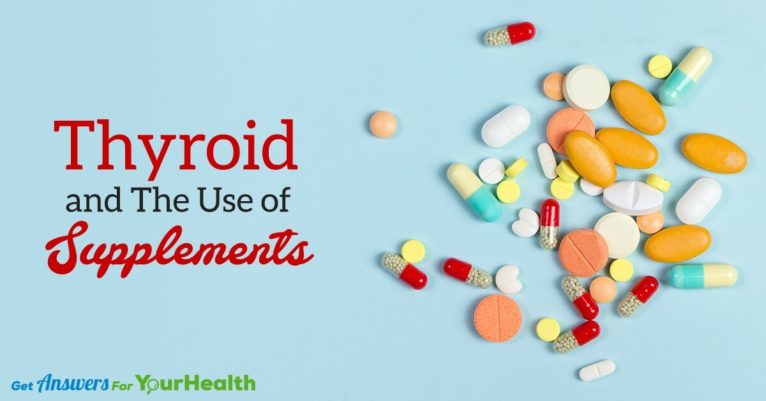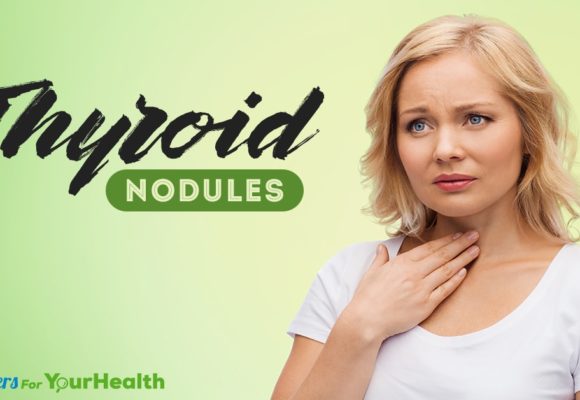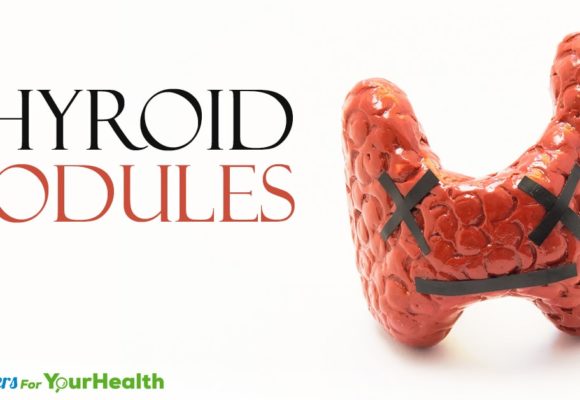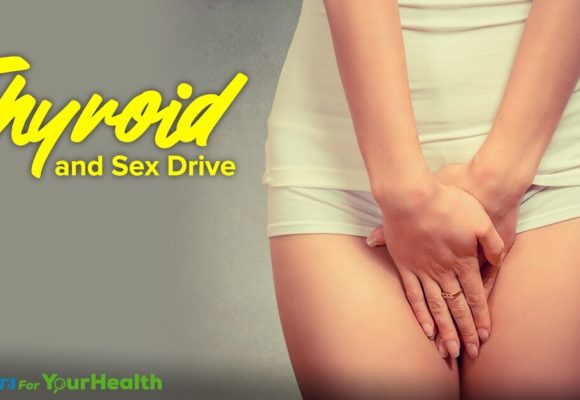1) Grab a FREE copy (Value $14.95) of one of my books Thyroid Symptom Overload
Just pay shipping $7.95 for any US orders. Or, if you want to pay full price plus shipping, order from Amazon :)
2) Take our Thyroid Quiz today and find out what "Thyroid Type" you have
This quiz will help you quickly discover where your symptoms are stemming from.
3) Join Our Thyroid Advocate Membership Site - Natural Thyroid Academy
FREE for a limited time. No credit card required.
4) Work with me and my team privately
Schedule your FREE 15 minute phone consultation and we can find out the best way to help you specifically.
Thyroid problems are sometimes aggravated by some other rituals you follow in your life, without you even knowing about them. This includes the use of some kinds of supplements. One thing that may benefit one person may not be the same for the other. Therefore, it’s essential that before you begin using any kind of supplementation, you consult with a specialist.
There are certain supplements that you need to avoid with the use of your hormone replacement therapy. This article will help you determine which kind of supplements are beneficial for you, which you should stay away from, and which may or may not help with your particular problem.
Before getting into the details, let us first understand what thyroid disease is.
Understanding Thyroid Disorders
The thyroid gland is an endocrine gland, situated right beside the Adam’s apple in your throat and is in charge of the production and secretion of thyroid hormones. These hormones is in turn are responsible for the proper functioning of the metabolic system and body temperature along with many other functions.
If the thyroid gland is not functioning adequately, then many symptoms can occur. Hyperthyroidism is a condition where the thyroid gland starts working excessively and produces an increased amount of the thyroid hormone than what is actually needed by the body. This leads to many symptoms like:
- Tremors in hands and fingers
- Intolerance to heat
- Diarrhea
- Heart palpitations
- Hair loss
- Anxiety and mood disorders
- Muscular aches and pains
- Weight loss even with increased appetite
Hypothyroidism, on the other hand, is where the thyroid gland goes underactive and is unable to produce a sufficient amount of thyroid hormone. This leads to lowered metabolic rate and other signs like:
- Weight gain
- Slow heart rate
- Intolerance to cold
- Depression and anxiety
- Muscular aches and pains
- Constipation
- Dry skin and brittle hair
If you haven’t already been diagnosed with thyroid disease, and have these symptoms, then you need to speak with your doctor. There will also need to be some dietary and lifestyle changes to get you better faster.
One of the most common reasons for thyroid issues is lack of iodine in diet. But this problem very rarely occurs in United States as iodine has been added to common table salt.
Foods that are highly processed, as well as foods high in fat and carbohydrates are also likely to give rise to autoimmune conditions such as Hashimotos Thyroid. This is another reason why so many people are developing thyroid issues. Sedentary lifestyles are another common factor with people who have hypothyroid problems.
This clearly indicates that lifestyle choices, along with poor dietary choices are the reason why more and more people are becoming prone to various kinds of thyroid disorders. But the question is, how is all of this connected to supplementation? Here are some answers for you.
Supplements in Thyroid: To Take or Not to Take?
Views out there are pretty conflicting. Some experts believe that extra supplementation, particularly done on self-advice, is the root of all evil. People feel that by increasing their intake of various kinds of nutrient supplements, they will be able to not only improve their general health conditions, but also help eradicate their thyroid symptoms. And this is where problems start.
Using supplements on your own is one of the worst things that you can do when you are a diagnosed with a thyroid problem. What’s more, there are many supplements that actually hinder the work of your thyroid hormone replacement therapy. So should you take supplements? Here are some supplements that you should not take (unless your doctor has specifically asked you to do so) and others that are beneficial.
Shouldn’t: Iodine
Did you know that our bodies only need about 150mg of iodine per day? This means that anything more than that is excess and could cause damage. Studies show that people who have excess amounts of iodine in their diets are at risk of developing thyroid nodules that usually go unnoticed for a long time. Most iodine supplements contain more than the required dosage of 150 mg and hence it can be potentially dangerous.
Shouldn’t: Kelp
This is a kind of seaweed that is mostly marketed for people with thyroid issues. They are also said to be full to the brim with iodine. Again, the problem is the content of iodine can go as high as 800 mg, which is way too much for the human body. If you live in an underprivileged country where the salt does not contain iodine and you aren’t taking iodine supplements, then this would be fine to supplement. Otherwise, avoid the use of such kelp.
Should: Selenium
This is believed to be one of the most beneficial supplements for people with thyroid issues. Selenium works by making thyroid synthesis more efficient and makes the metabolism more efficient. It is best to get your supply of selenium from natural sources like salmon, sardines, scallops, beef, turkey, shitake mushrooms, shrimp and eggs. You can also take supplements that contains 100 to 200 mgs of selenium once a day.
Should: Zinc
All experts agree that zinc is the cue for most symptoms that result from a sluggish thyroid gland. This is because zinc helps in converting the T4 thyroid hormone into T3 thyroid hormone. Together with selenium, it can boost thyroid health and make sure your thyroid health becomes optimal within a short amount of time. Some natural ways to get zinc is by consuming foods like meat, nuts, legumes, mollusks, and shellfish.
Should: Vitamin D
Whether you have thyroid issues or not, Vitamin D is a must for everyone, particularly women. It ensures bone health and reduces the chances of developing arthritis and osteoporosis. Most of the time, food sources are not enough for proper Vitamin D production. The most efficient way to produce Vitamin D is to get out in the sunshine.
When supplementing with Vitamin D, I recommend taking an emulsified Vit D to ensure greater absorption. This is even more important if you have been diagnosed with a thyroid problem because Vitamin D is emulsified or made useable in the liver, the same place T4 is converted into T3. So if you have been taking medications and still have your thyroid symptoms, a lack of conversion of
Just because something is working well for your friend does not mean it will work for you. In fact, many women choose to order The DNA Uprint from Health Solutions Plus where it identifies the best foods and supplements for your individual body chemistry. If you are ready to get some help, call us at 716-773-4707.
References
- https://www.everydayhealth.com/hs/healthy-living-with-hypothyroidism/vitamins/
- https://www.consumerreports.org/vitamins-supplements/never-take-thyroid-supplements/
- https://hypothyroidmom.com/my-favorite-supplement-for-thyroid-health/








